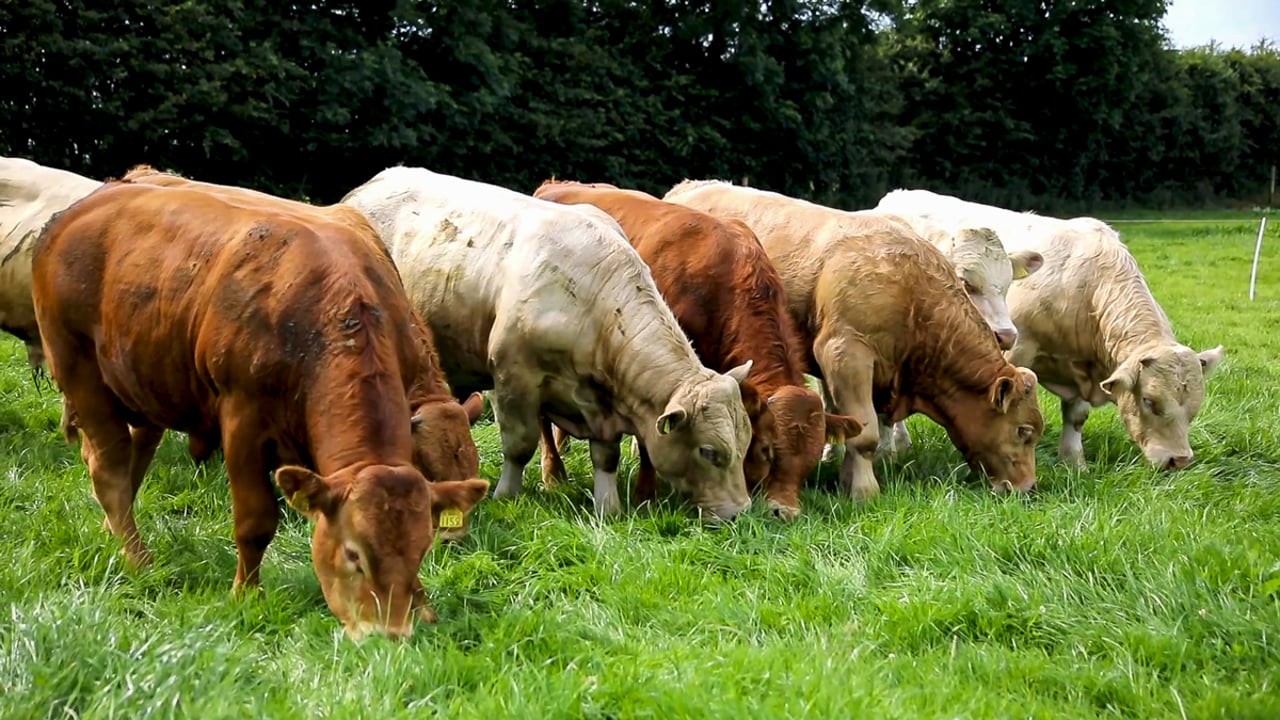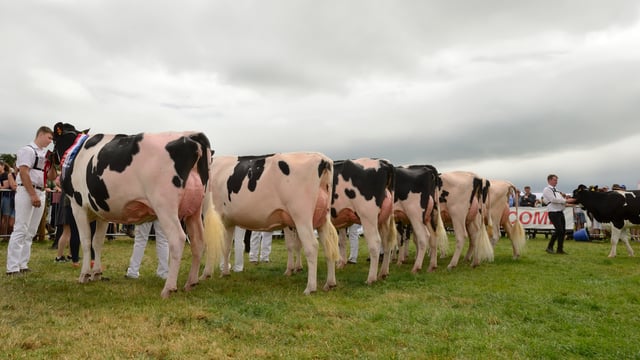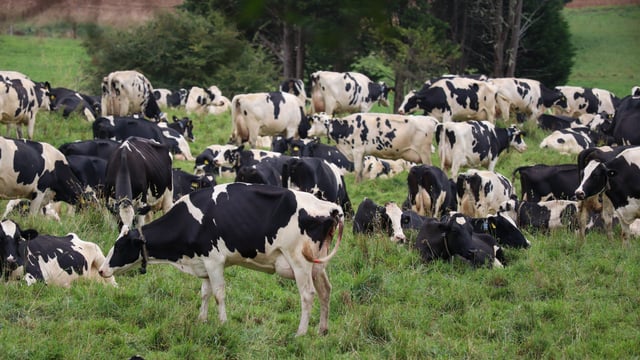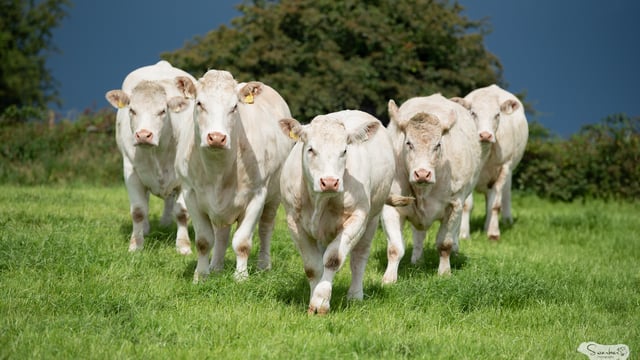Opinion: Irish farmers committed to improving environment
The commitment of Irish farmers to improve the environment and the conservation value of the countryside has always been taken as a given.
But now the figures are available to confirm this commitment in a more meaningful way.
Recent improvements in water quality, attributed to agricultural practices, are to be welcomed. And the same principle holds with regard to the recent reductions in greenhouse gas emission levels recorded by the sector.
The research and development commitment put in by numerous bodies over recent years to identify amended farming practices that significantly reduce the environmental footprint of Irish agriculture is starting to pay off.
And, significantly, this has been achieved without scaling back on indigenous food production levels.
And the blueprint continues to evolve - finishing beef animals at a younger age acts to significantly reduce greenhouse gas emission levels.
The use of low emission slurry spreading equipment actively tackles the ammonia emissions’ issue while ensuring that crops make more efficient use of organic manures. And this, in turn, is helping to improve water quality.
Meanwhile the application of protected urea will do all of the above while also acting to reduce emissions of nitrous oxide, a potent greenhouse gas.
Over the coming years, a number of technological innovations will be developed that will help Irish farmers to further reduce the environmental and climate change-related impact of production agriculture.
And this work is already bearing some fruit - the inclusion of methane inhibitors within ruminant diets being a case in point.
The most significant means by which the carbon footprint of Irish agriculture can be reduced is through the expansion of the tillage sector, as growing crops ticks all the environmental boxes.
Often overlooked by the environmental lobby is the highly complex nature of all agricultural systems - from the soil through to the actual management of crops, grassland, and animals.
Science is still only scratching the surface where these issues are concerned.
And it takes time to research these matters in way that allows the twin objectives of producing food and maintaining the highest levels of environmental stewardship to be obtained in a totally harmonious manner.
Meanwhile, farmers are continually frustrated at the way in which they are singled out for the so-called 'environmental mismanagement' of the countryside while knowing full well that the laz standards of many waste treatment plants are a key contributor to the water quality debacle.
But let us stick with the good news.
Farming will always be at the very heart of the climate change and environmental debates that take place in this country.
Allied to this, farmers will always want to place effective environmental stewardship at the heart of everything they do.





